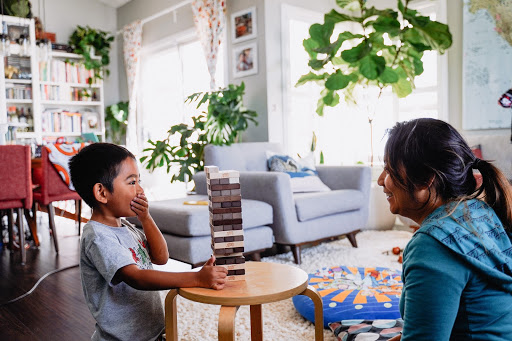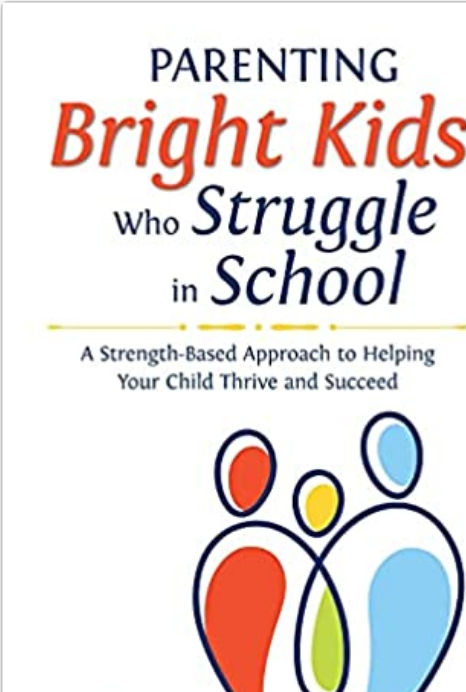
Whether a child is autistic, has ADHD, or navigates the world with other neurodevelopmental differences, their communication styles may not always match typical expectations. This article explores practical, respectful ways to start conversations with neurodiverse kids—focusing on curiosity, patience, and genuine understanding.
Neurodiverse children might have trouble talking about their experiences or feelings. We have ideas to help deepen your relationship and improve mental health.
It can be hard to talk with a child who is neurodiverse. When you make time to talk with them about meaningful topics, it can improve their mental health and deepen your relationship.
What do we mean by neurodiverse?
Neurodiversity is a broad term referring to people whose brains work differently or have developed in a different way. Someone who is neurodiverse has unique strengths and struggles from people with more typical brain development.

Why it’s important to take the time to talk
- Neurodiverse children might have trouble talking about their experiences or feelings. They may need some help putting their thoughts together. That’s why it’s so important to make time to talk.
- Neurodiverse children may not have the same language skills, learning abilities or knack for social communication as other kids. They also may not start casual conversations; this can lead to fewer chances to talk with others.
- When efforts aren’t made to connect, caregivers and children lose opportunities to learn more about each other or deepen their relationships.
It can be hard to talk with a child who is neurodiverse. When you make time to talk with them about meaningful topics, it can improve their mental health and deepen your relationship.
The benefits of engaging in conversation
Neurodiverse children benefit when the adults in their lives engage them in conversation. These talks may:
- Improve a child’s conversational and social skills
- Increase a child’s access to social support and help them feel less isolated
- Boost self-esteem and promote self-exploration among children who haven’t been asked for their opinions before
- Help caregivers understand their children’s concerns, problems and thought processes
- Make it easier for caregivers and children to talk about difficult topics in the future

Getting started
To encourage communication, below are some conversation starters for caregivers. Download them to ask your child a variety of questions to get them thinking and talking.
If your child isn’t open to these at first, that’s OK. Stick with them. Give your child time to get used to them. You might even ask them what questions they would like to ask you.
Here are some ideas to help you use our conversation starters to improve communication with your neurodiverse child:
- Don’t be discouraged at first if your child’s answer is “I don’t know.” Give your child a little more time to answer. You can even answer the question yourself to model a response that’s appropriate.
- Sometimes it’s not the question, but it’s the way it is asked that can be hard. Start with closed-ended questions or questions that have options for responses to get them talking. These types of questions may work better at first. For example, asking yes or no questions or providing 2-3 responses to choose from. Would you rather questions can also be a great option.
- Start with your child’s interests or something they know a lot about.
Once your child gets used to talking, keep it up! The idea is to create a regular routine of talking about their feelings, opinions and more.
Download the Conversation Starter activity sheet.

The better we understand our own complexities, the more wholeheartedly we can show up for our children. Check out our podcast on parenting self-awareness to learn strategies for more present and intentional parenting.
Excerpted from “How to Start Conversations with Neurodiverse Kids” from The Kids Mental Health Foundation. Read the full article online.
Source: The Kids Mental Health Foundation | How to Start Conversations with Neurodiverse Kids, https://www.kidsmentalhealthfoundation.org/mental-health-resources/starting-conversations/how-to-start-conversations-with-neurodiverse-kids | copyright 2025, The Kids Mental Health Foundation™. Retrieved May 2025.




